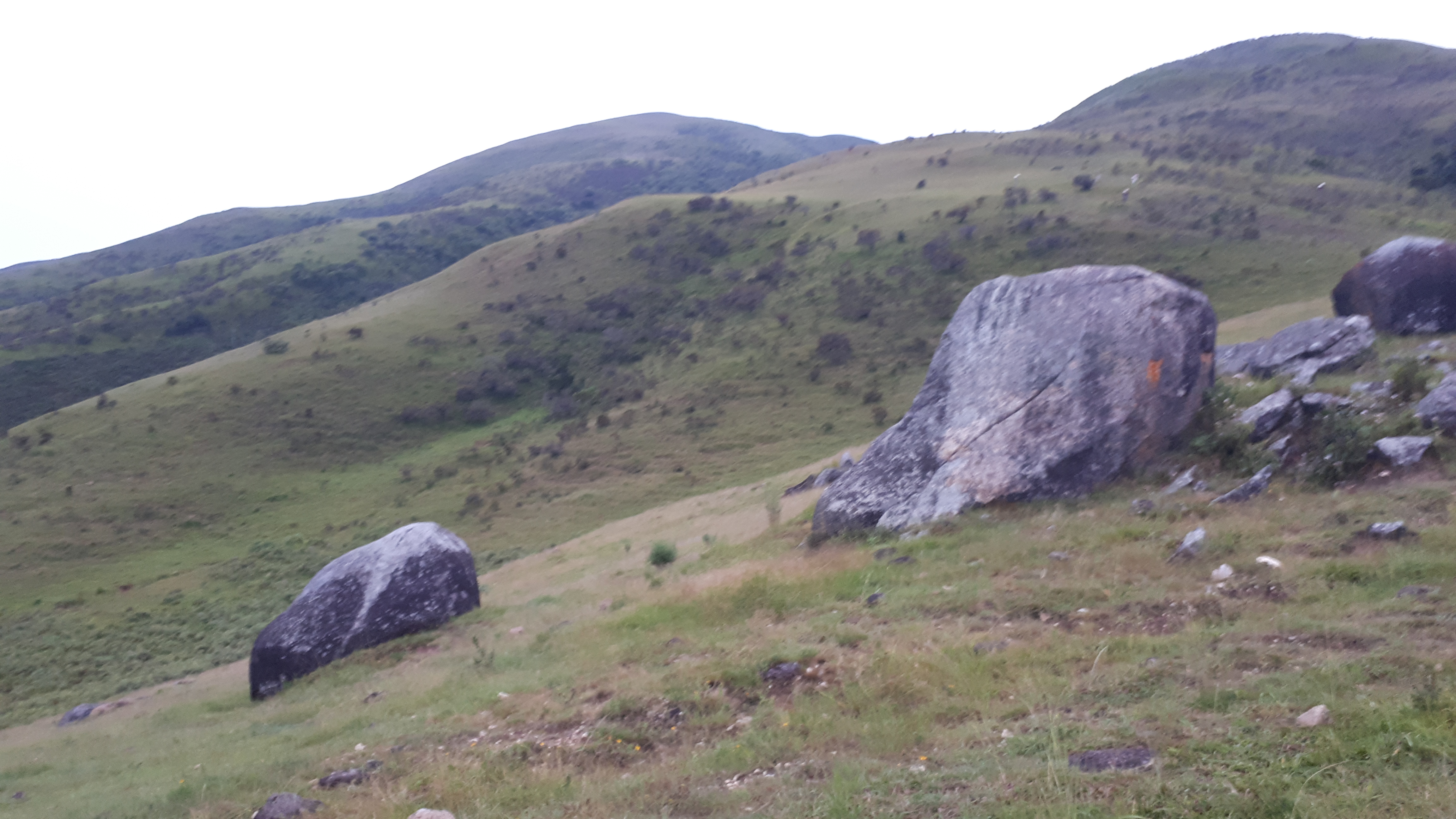
Democratic Republic of Congo (DRC) has 500 parliamentary delegates and a large number of senators. Their first mission would be that of legislating and controlling the government, while at the same time representing their constituencies’ views. It clearly sounds that they stand as people’s representatives within a complex politico-administrative top level management. Hence, my Parliament is an interesting organ that would care about my views wherever it is hard to me to get regularly. Unfortunately, approximately, 350 out of 500 parliamentary members in DRC represent a population below a poverty line simply because poverty rate in this country is around 70%.
I guess, the easier way to count for members of a parliament (MPs) achievements is through how their legislation and actions taken, maybe by controlling the governments’ decisions, are able to respond to people’s views and wishes. However, to reach this stance, MPs have themselves to be in touch with their people so that they keep on hand realities of the ground. Therefore, MPs priorities must fall into this frame to get deserving this mission. It would reasonably be right if MPs are requested to stand as models in their own management. There comes a collective and individual’s moral values requirements for being a parliamentary delegate.
In a specific context of DRC having a poverty rate above 70%, my MPs need more restrain in terms of advancing their individuals problems, though necessary. Additionally, it is unfair if my parliament representative feels disturbed for daily living with roughly $250 to the extent he needs $450 and then he gets this done. A simple calculation shows that my delegate feels unsatisfied with 200 times spending capacity as compared to his constituency’s members. Therefore, he has decided, using people’s power given to him, to increase his spending capacity to approximately 350 times more than his voters. Subsequently, his exercise can no longer be called as representation; rather it is being seen as a struggle to widen opportunities of sharing national resources. Moreover, his demand to achieve this spending level can be interpreted as a competing way with the executive branch toward hoarding wealth.

It may be discussed that $13000/month is not a huge amount salary for a parliamentary member considering his tasks and time spent to get things well done in a country. He would also deserve better treatment allowing him to stand free of bribes from the executive branch. In addition, the salary paid to DRC’s MPs might fall into a normal range compared to other countries in the region. Nonetheless, the salary doesn’t fit the DRC context of crises where its population strives to get even daily basic needs. Moreover, it raises an idea that once elected MPs get disconnected with grassroots issues so that they can claim an increase 900% of their salary within 6 years period since parliament established in 2006. Strikingly, their constituencies’ population has ever seen a slight improve of their socio-economic conditions. In contrary, a level of per capita gross domestic product is still lagging behind $300[1] per year. Thus, their mission is called into question to how MPs will be able to control the government ambiguously interested to get people improving socially and economically, especially known for its institutionalized corruption, embezzlement, unaccountable for their wealth…
My MPs election term will recently get to an end and the same people or others will be calling for our votes. Imagine the pictures above represent a Daily School for your child or a parmenent work. What would you tell to your next DRC’s Parliamentary Representative?
Ntanyoma R. Delphin
Twitter account @delphino12
Blog: www.easterncongotribune.com


Leave a Reply